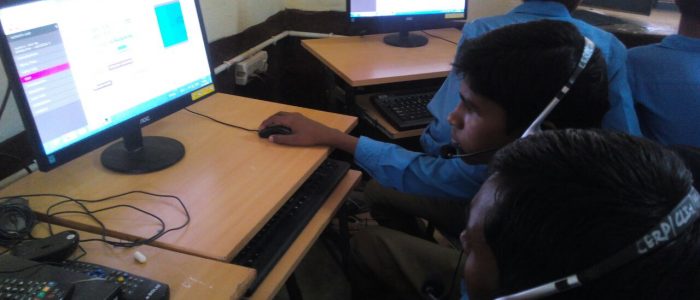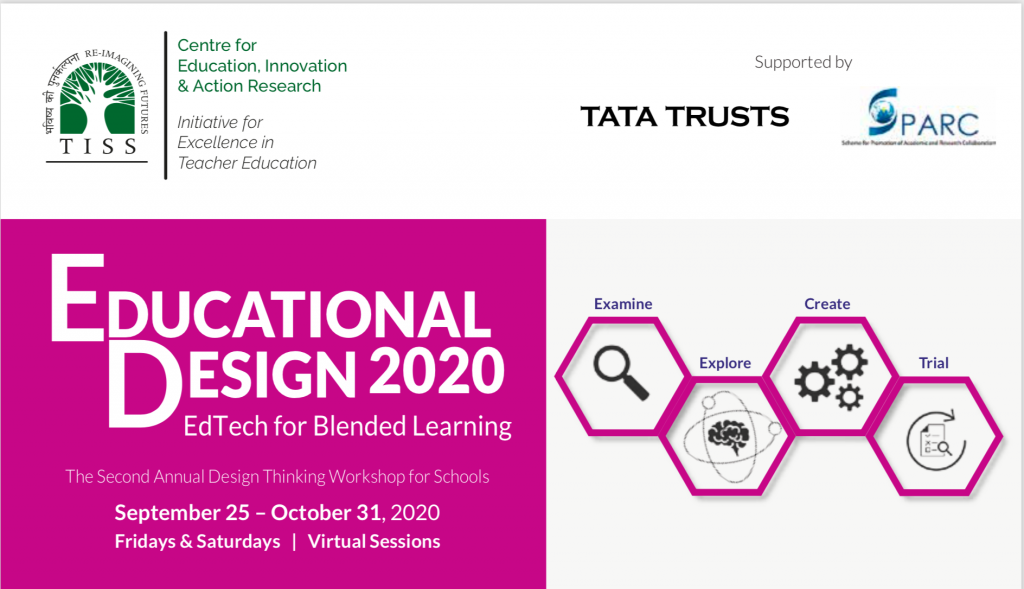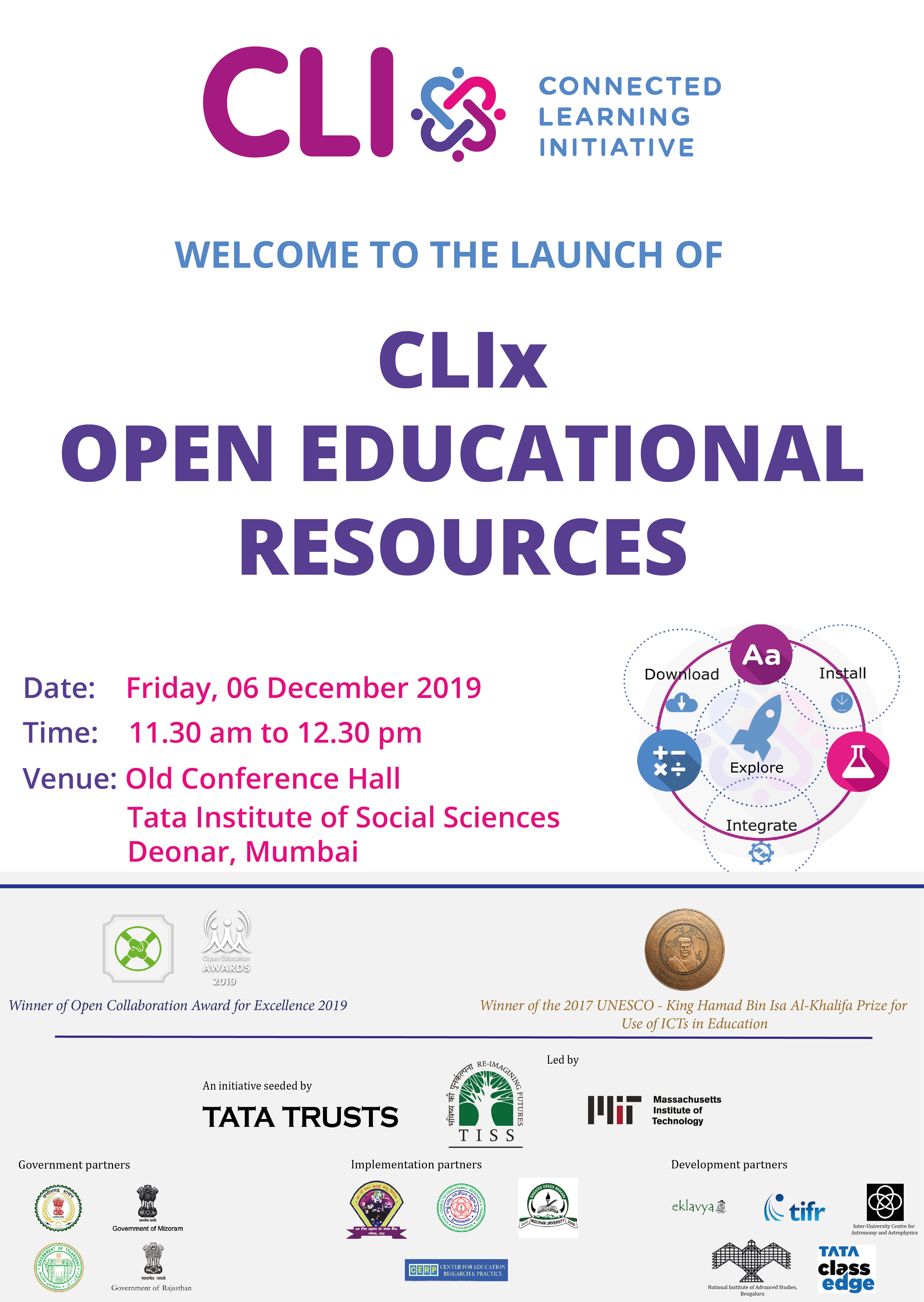CLIx in Rajasthan: The journey has just begun (28 November—2 December 2016)
Sirohi schools had barely started CLIx rollouts when our team went there. Some schools had begun with Invitation to CLIx (i2C) and a few with English. Our team had two members from English and one from Technology. We visited Rajasthan to observe implementation and to help in further rollouts. Dr Ling Hsiao of MIT accompanied us.
In the first session of CLIx English in the school at Sanwara, we experienced warm hospitality as well as saw the challenges, the enthusiasm and much more. This classroom observation, followed by two more in nearby schools, gave us an understanding of the field demands. We also got an overview of the levels of English speaking skills in rural Rajasthan schools.
After the observation in the three schools, we started rolling out CLIx English, or i2C, in some other schools. Be it fixing installation issues or conducting demonstration lessons for the teachers, bringing technology-aided learning to these schools was a challenging experience. Power outages added to our woes.
Our field support team in Sirohi had made many arrangements in the past year for CLIx programmes to roll out smoothly. That team continues to toil, putting up stickers with user IDs and passwords at every computer terminal, meeting teachers and Principals to form batches in classrooms, checking computer labs, delivering servers to schools, tackling N-computing challenges and more.
Informal chats with the teachers and Principals revealed to us the pressure to complete the state-mandated curriculum. They expressed support for CLIx because it allows students the space for individual, interactive learning quite unlike other ICT programmes. Teachers were happy to note that the quietest ones were ‘speaking up’.
We also observed interesting behaviours among the students. The boys seem adept at using computer peripherals. The underlying reason could be that girls are not encouraged to ‘fiddle’ with electronic products at home. An exception was one girl who could understand technical details and sounded confident; she is allowed to use her parents’ mobile phone. Another interesting observation is that boys readily offer to help their classmates, but girls withdraw from such intervention.
The most encouraging factor seen during implementation of CLIx programmes is the students’ enthusiasm. They rush into the computer lab and are willing to wait through power outages for the programme to start. They are eager learners and want to explore everything at once.
We have a better grasp of field issues from these combined observation and rollout processes and hope that the CLIx offering will be the preferred educational tool in the future.
(Reema Mani, Research Associate, English Team, CLIx)




